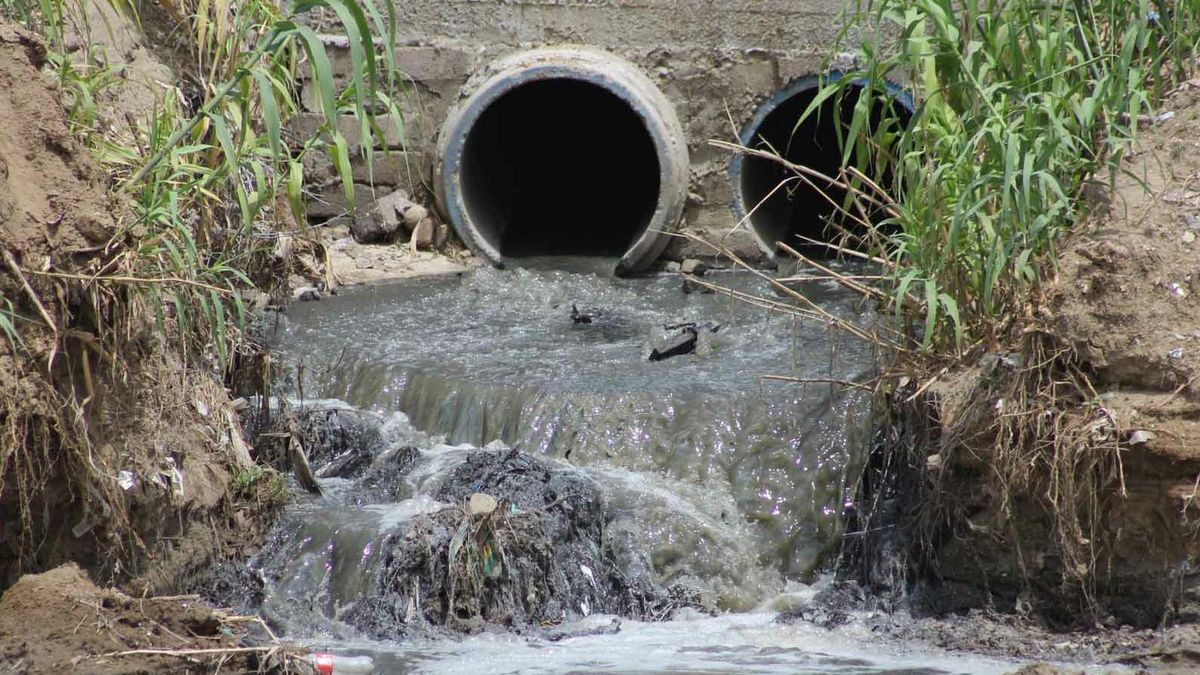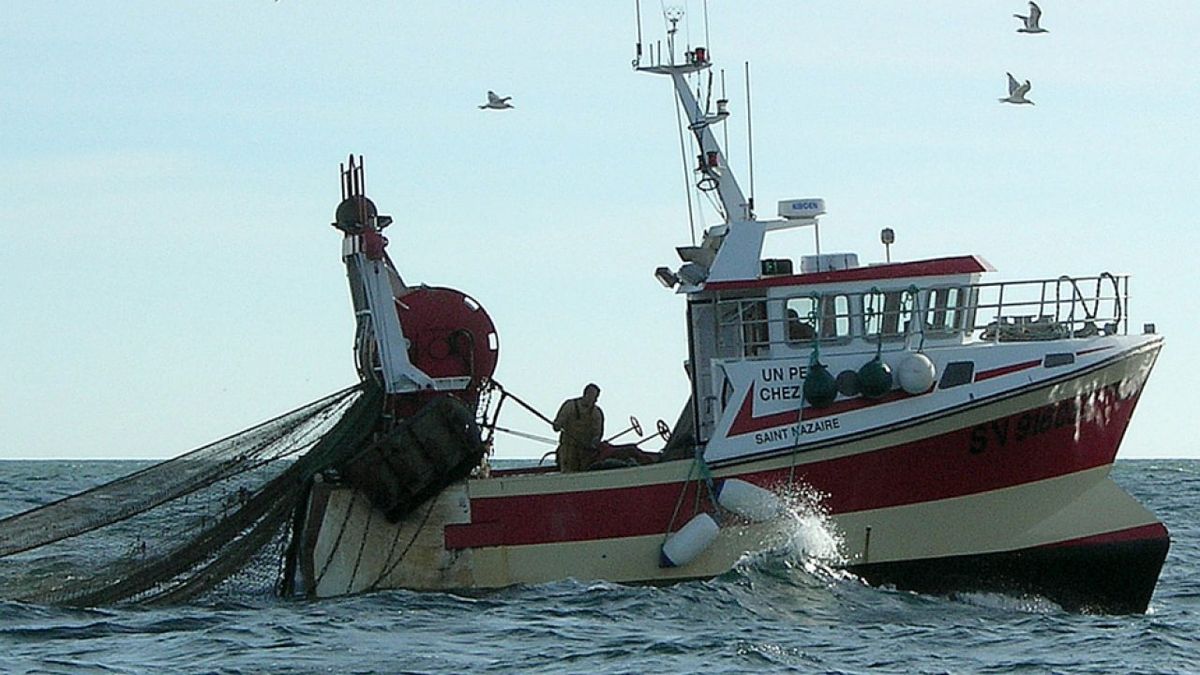From May 18 to 19, the Sanitation and Water for All (SWA) alliance, together with UNICEF, will bring together ministers from the housing, construction and sanitation sectors; environment, health and economy of Argentina, who will have the opportunity to meet with their counterparts from other countries in a Meeting of Ministers of the Sector organized by the Government of Indonesia in Jakarta. One of the central themes will be how to stop infectious diseases, through investment in water, sanitation and hygiene, and with strong action on climate change.
Hygiene is the most effective tool to prevent the spread of infections. At the 2021 World Economic Forum, it was estimated that washing hands with soap and clean water decreased the risk of contracting COVID-19 by 36%.
Yet at the start of the pandemic, 3 out of 10 people globally and 2 out of 3 people in the least developed countries were unable to wash their hands at home. In addition, 1 in 4 health facilities lacks basic water services and 1 in 3 lacks hand hygiene stations.
In the Americas, according to the WHO, 17 million people lack basic drinking water services. According to the latest UNICEF report, in the urban areas of Argentina, 99.8% have basic drinking water services, which would correspond to 41 million people, and only 82,248 people lack unimproved drinking water services.
When one of the main recommendations to contain a deadly virus is such a simple step, it is inconceivable to deny a third of the world’s population this basic level of protection. And perhaps the biggest lesson from this pandemic is that our communities are only as healthy as their most vulnerable members.
Access to clean water is vital for disease prevention. Nearly 1.8 billion people use contaminated drinking water, exposing themselves to contracting widely drug-resistant cholera, dysentery, polio or typhoid fever.
Also alarmingly, in low-income countries only 8% of wastewater undergoes any form of treatment and experts estimate that more than 80% of wastewater worldwide is untreated. This can have serious impacts on human health, not only by creating antibiotic-resistant pathogens, but also through food, water and vector-borne disease outbreaks. In this sense, according to the WHO recommendation, it is key to improve water and sanitation as the first line of defense.
However, sanitation services are not only vital for stopping the spread of disease, but also for understanding its impact. With a dearth of COVID-19 tests making data hard to come by, fecal matter has provided a vital indicator of the spread of the pandemic. According to health professionals at the University of California, San Diego, wastewater testing alerted researchers to about 85% of COVID-19 cases in college housing before they were diagnosed, helping them stop a increased infection.
Leaders and decision makers have a choice. Our mistakes during COVID-19 have shown the immense cost of inaction, but we can learn from them. We can invest heavily in pandemic prevention and mitigation, including ensuring that communities around the world have access to clean water and reliable hygiene and sanitation services. Or we can ignore the catastrophic lessons learned, putting the world at grave risk of future public health threats.
Let’s not wait for the next pandemic to act. There are other global health crises taking place right now, responsible for the deaths of millions of people, that can be solved by prioritizing the provision of clean water, sanitation and hygiene services.
The message for government leaders is clear: if we want to get ahead of the next pandemic, we must urgently invest in water, sanitation and hygiene. Any other option could have devastating consequences.
Executive Director of Sanitation and Water for All
Former United Nations Special Rapporteur on the right to safe drinking water and sanitation
Source: Ambito




